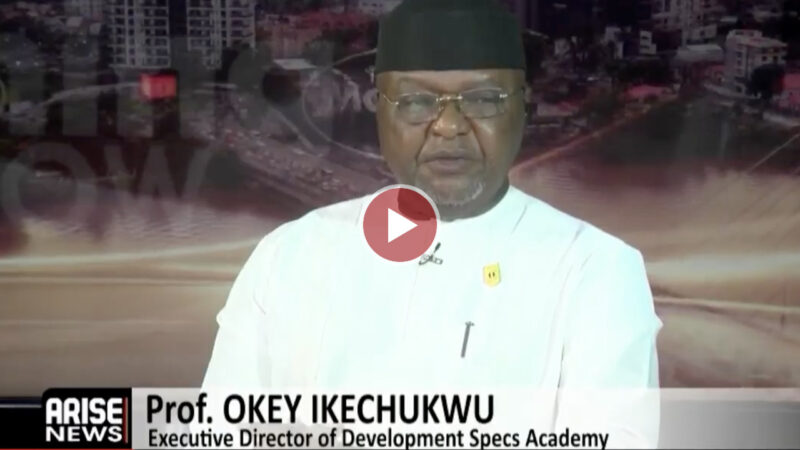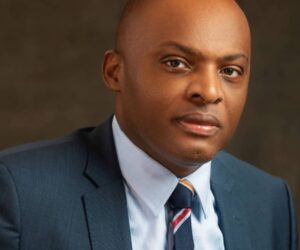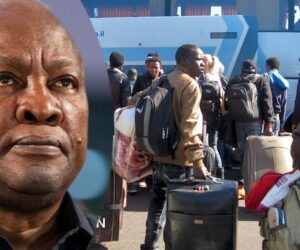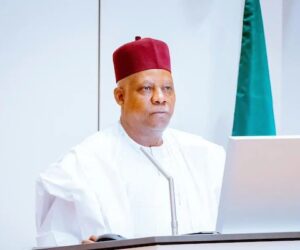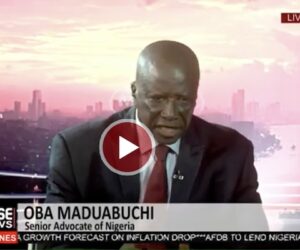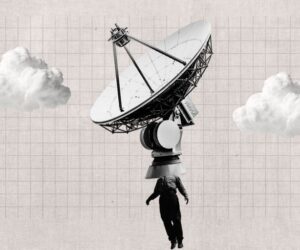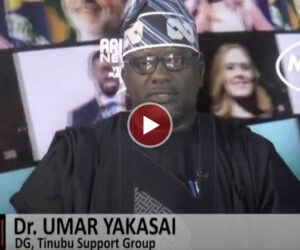The Executive Director of Development Specs Academy, Professor Okey Ikechukwu stated that Nigerian media must strike a careful balance between freedom of expression and responsibility to the nation, warning that sensational reporting and propaganda threaten both public trust and national cohesion, He with him calling on journalists to uphold objectivity, prioritise the people’s interest, and ensure reporting contributes positively to national development.
Speaking In an interview with ARISE NEWS on Friday, Ikechukwu reflected on the recent 21st All-Nigeria Editors’ Conference, hosted at the Presidential Villa by President Bola Tinubu, which he described the event as historic, noting that it was the first time a sitting Nigerian president had opened the conference. The president used the platform to emphasise responsible journalism, democratic governance, and national unity, urging editors to verify their information and avoid spreading misinformation.
“The concern for him, and which we all share to an extent, is that the media should be seen to be more concerned about what is going out there, while not denying that it exists. Let us suppose you get some information on, there’s some security-related activities going on, and you get some information about troop movement. That’s not what you announce, because you announce it, if you report it, you’re giving the enemy a heads up.”
He also made a clear distinction between national interest and regime interest. “I will make a distinction between national or people’s interest and regime interest. Those are two different things, I will not recommend that the media drives regime interest. The people have a right to know,” Ikechukwu said. He warned that journalists who act as mouthpieces for government or simply criticise without offering context undermine the credibility of the profession.
On the issue of press freedom under the Tinubu administration, Ikechukwu acknowledged that challenges exist but cautioned against blanket statements. “Moving from those instances of questionable, interventions with the media output of our fellow journalists, moving from there to speak of lack of press freedom in Nigeria is a long journey. But are there things that have been done that we think is inappropriate? Yes.”
Ikechukwu highlighted the dangers of overexposure to negative news, particularly in security matters. “If every act of sabotage by the insurgents is headlined in all the newspapers, that it gives oxygen to the activities, it makes people more afraid, If in addition to having it in the media, bureaus are also enabled to have some kind of interface at all the levels where they are, it’s still reported,” he said.
On journalistic integrity, Ikechukwu urged Nigerian reporters to remain objective and balanced. “The day all you do is endorse government as a professional journalist, from that day you cease to be a journalist. The day all you do is to condemn government without giving it any credit at all is also the day you cease to be an objective speaker.”
He concluded with a call for professionalism and measured reporting. “In journalism, facts are sacred. Opinion is free, Neither party should see you to be for or against them, but you are for national interest.”
Erizia Rubyjeana
Follow us on:

